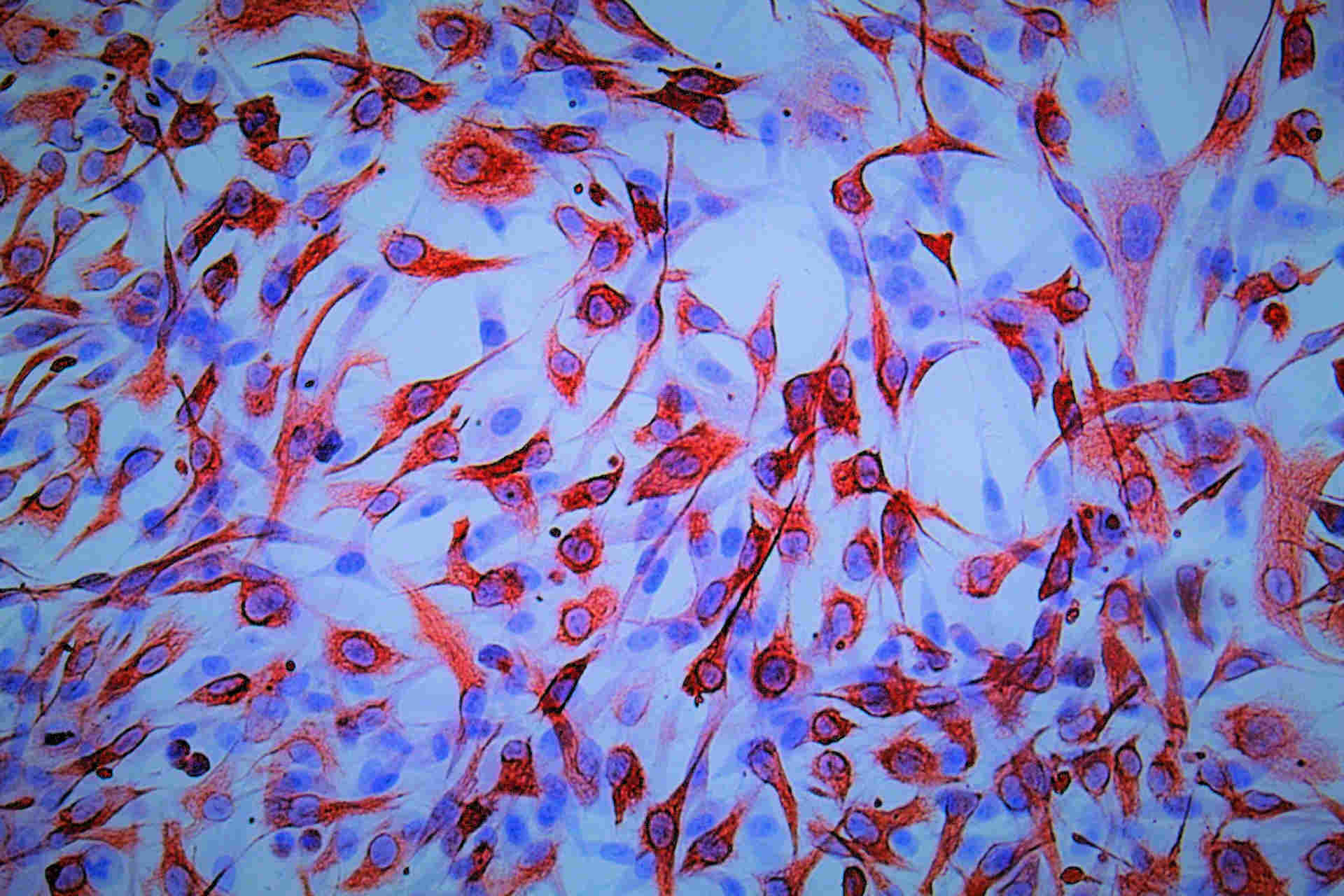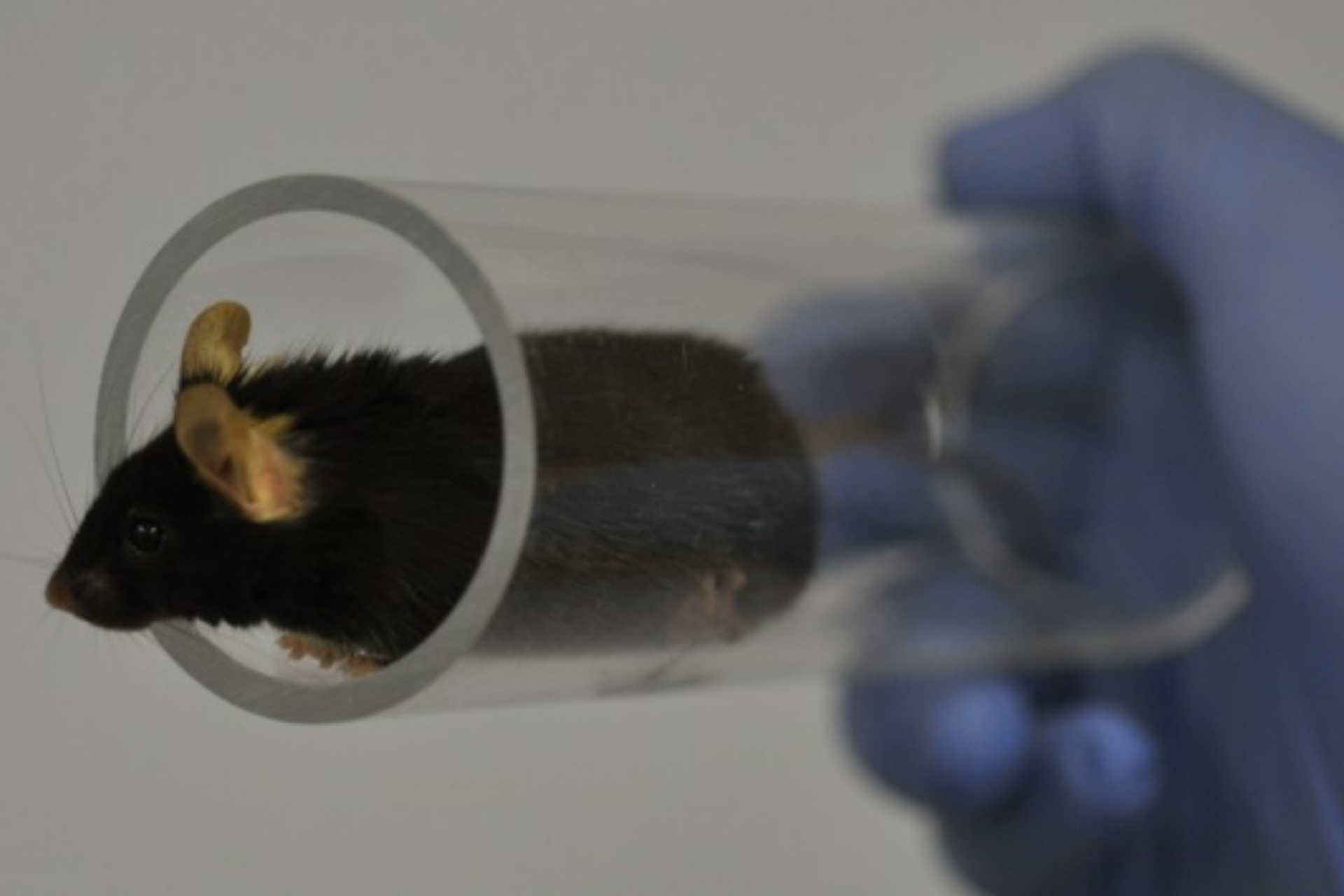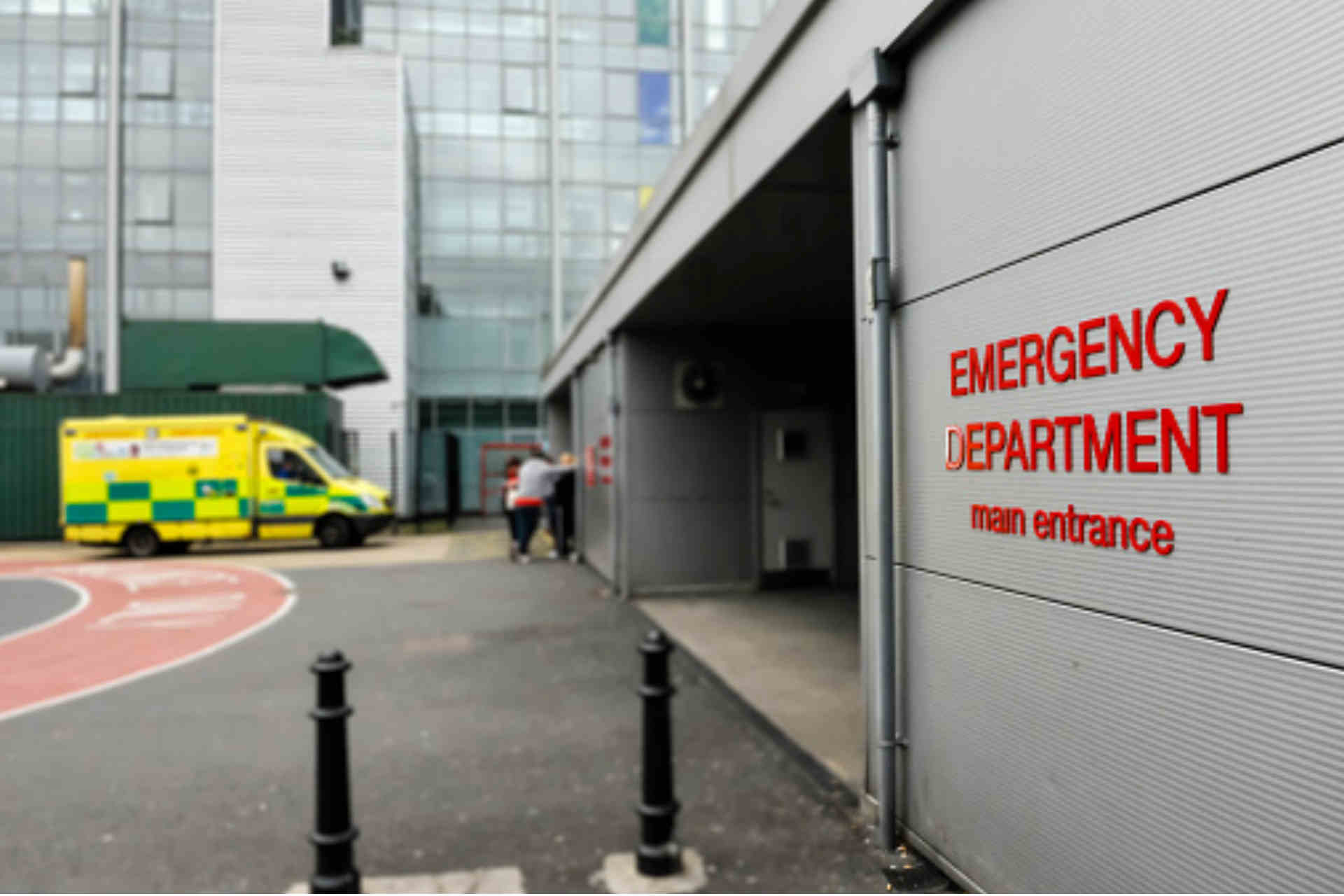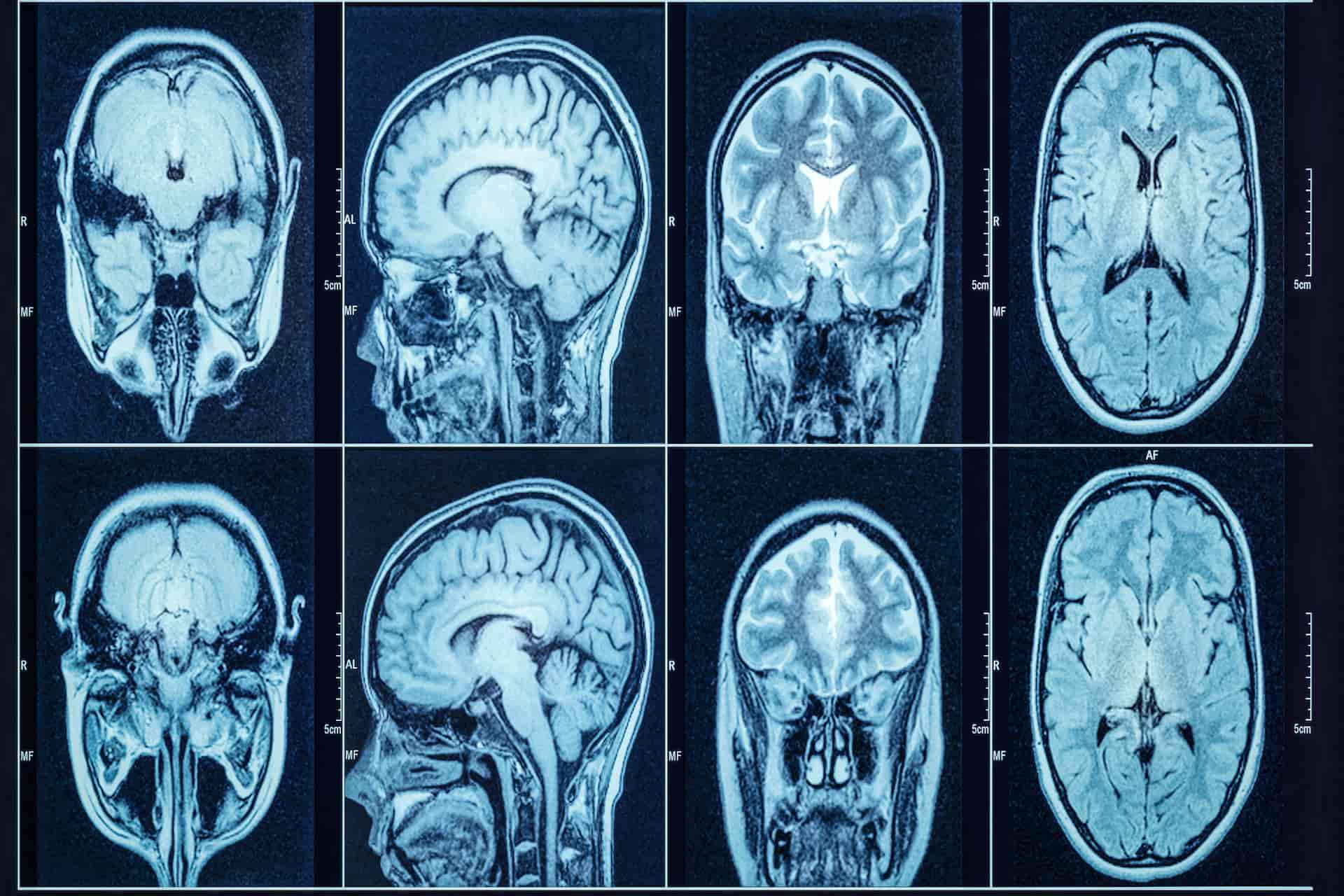Research impact
The findings from our research have applications across a variety of areas, bringing benefit to society in health and wellbeing for humans and animals, improving healthcare practice and bringing about cost savings. A selection of case studies demonstrating examples of impact achieved from our research are available below.

Food Policies and Disease Prevention
Our researchers have developed computational models to quantify and compare different prevention policies, successfully advancing food policies such as the UK dietary salt reduction targets and the sugary drinks tax.

Global access to a sight-saving therapy for children
Researchers at the University of Liverpool successfully tested the drug adalimumab for addressing unresponsive cases of Juvenile idiopathic arthritis, leading to rapid changes in prescribing policy, commercial licensing and approval across 65 countries.

Stratification of eye cancer patients into metastatic risk
The University of Liverpool, together with its NHS supraregional referral centre for eye cancer, spearheaded the development and implementation of prognostic tests to predict metastasis likelihood in individual patients.

Improving methods for handling laboratory mice
The mouse is the most important laboratory animal used worldwide in biomedical research. Research from the University of Liverpool has led to the development of refined handling methods, which have changed policies and practice worldwide.

Seeking consent for children's emergency and critical care trials
Our researchers provided new evidence to inform how consent should be sought for children’s critical care trials. The resulting guidance has since facilitated vital trials to provide evidence to optimise treatments for critically ill patients, including eight trials involving over 1000 children.

Improving recognition, management and prevention of obesity in dogs and cats
The University of Liverpool has developed novel therapeutic weight loss diets accompanied by evidence-based, veterinarian-led weight management protocols. These interventions together result in sustained weight loss and improved quality of life for thousands of animals.

Driving change in UK vaccination policy and clinical practice
Since 2008, girls in the UK received HPV vaccination to reduce the incidence of cervical cancer. Research carried out in Liverpool provided evidence that HPV is also linked to a high incidence in head and neck cancer.

Improving access to psychological therapies for perinatal depression
Researchers from the University of Liverpool published the Thinking Healthy Programme (THP), becoming the first fully manualised psychological intervention to be adopted by the World Health Organization for global dissemination.

Equine laminitis - changing practice
University of Liverpool research systematically proved the importance of the endocrine disorders that cause laminitis, which has had a major impact on the equine pharmaceutical industry, informing laminitis awareness initiatives and development of novel therapeutics.
.jpg)
Development of the first effective therapy for the rare disease Alkaptonuria
Researchers at the University of Liverpool developed the first effective pharmacological treatment option for this disease which transforms management and experience of the disease.
.jpg)
Reducing infant deaths from rotavirus diarrhoea
A University of Liverpool-led clinical trial of the vaccine informed a WHO recommendation in 2009 that low income, high mortality countries should receive the vaccine. Since 2013, the childhood vaccination program has now been introduced in 38 African countries preventing over 100,000 deaths.

Improving the management of brain infections
Research at the University of Liverpool has improved surveillance, diagnosis and management of brain infections, leading to new UK guidelines, with global impact.

Unhealthy food advertising to children
University of Liverpool research showed that a 9pm watershed on unhealthy food advertising on television would reduce childhood obesity, improve health outcomes and deliver substantial health cost benefits.

Improving the effectiveness of decision making and communication
Researchers at the University of Liverpool have been working in partnership with law enforcement, emergency, defence and security services across the UK, Europe, and USA to develop new interview, decision support, and evaluation tools that have increased public safety.